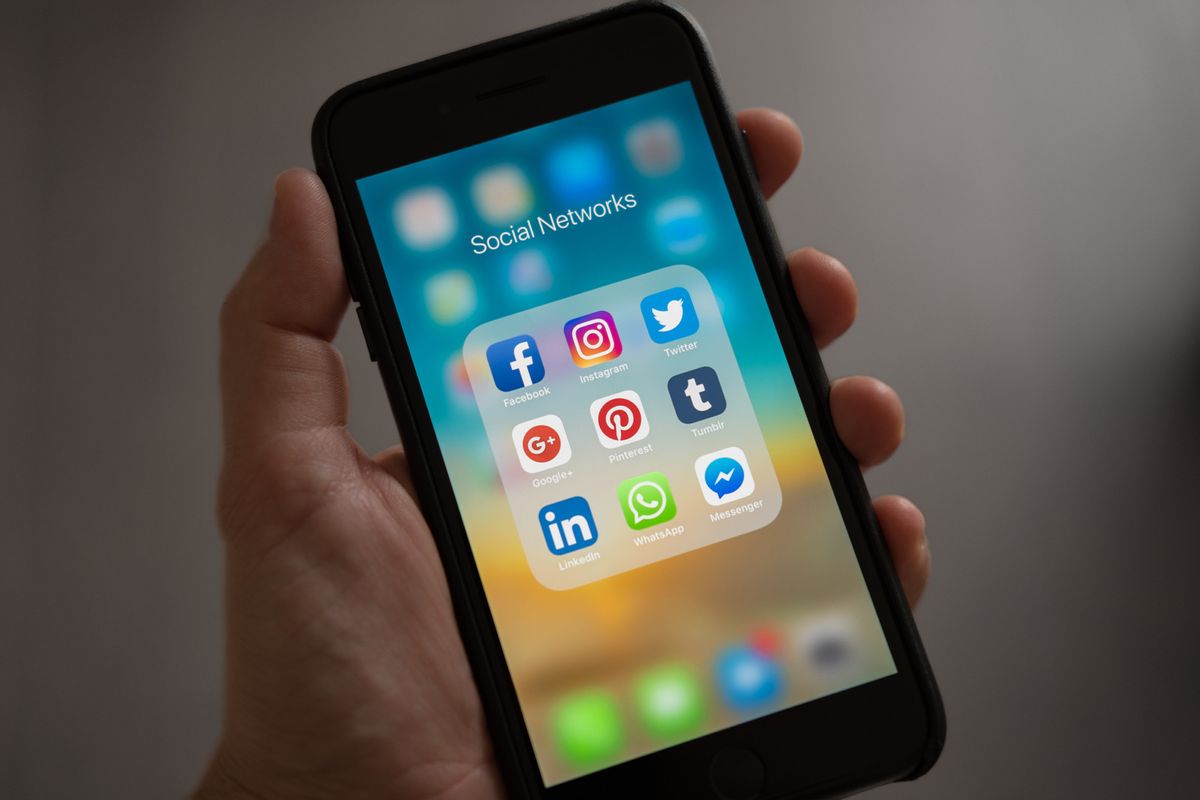The Obstacle to Impact
Let’s take a step to take back control so that we can create the greatest impact possible, even if for one other person in this world. Someone, even if you don’t know them yet, is counting on it.

Who is Leonardo da Vinci with clickbait articles vying for his precious attention? Who is Shakespeare if he received a new cell phone notification every 15 minutes? I've been reading more biographies lately, and there's a glowing obstacle not present in the lives of the people we idolize: a cell phone. I'm not saying that the well calculated distractibility of our technology was more trying than what these icons had to overcome, however, conquering such an obstacle would be necessary in accomplishing what they set out to.
It’s amazing to consider who might not be remembered today had this alluring technology been present when they were creating their life’s greatest work. What I’ve learned from Abraham Lincoln and, ironically, Steve Jobs, is that profound impact and innovation come from tireless and consistent effort paired with diligent and prolonged focus. Would there be a Sistine Chapel if Michelangelo was checking Instagram every thirty minutes? Would Michael Jordan be the greatest of all time if an algorithmically-selected YouTube feed kept him from practicing? Would there be Lord of the Rings if Tolkien was preoccupied with reaching inbox zero?
Those examples are not random, they are obstacles I navigate every day. I’m not trying to reach the stature of any of these people, but I know I have more to give.
If this feeling of over-using and being sucked into phones and technology isn’t present for you, I’m glad. And if it is, we’re in this together. It feels vulnerable to even speak of it in such a tone, but I’m reminded of some wisdom from Ralph Waldo Emerson:
“To believe your own thought, to believe that what is true for you in your private heart is true for all men, — that is genius. Speak your latent conviction, and it shall be the universal sense; for the inmost in due time becomes the outmost, — and our first thought is rendered back to us by the trumpets of the Last Judgment.”
So in a way, I’ve not only relatedly compared myself to Michelangelo, Michael Jordan, and J.R.R. Tolkien, but I’ve also managed to use Emerson’s words to refer to myself as having had a stroke of genius. It’s also worth noting that I also have really big biceps. (All jokes, funny stuff Calman.)
Back to the real point: navigating addictive technology is challenging. Choosing to bring my presence to people over another glance down at my phone should be easy, but it isn’t. Keeping my phone away from my workspace should be easy, but it isn’t. Choosing not to check my phone at a stop-light, for no apparent reason, should be easy...but it isn’t.
But that doesn’t mean it can’t be. I’ve taken steps, however small, to create space from technology. I’ve felt the benefits of connecting deeply with another person, of finding a prolonged period of focus, of enjoying the day without a cell phone. Yet, it’s a gradual process to learn to prioritize what truly matters and resist the urge to see the latest status update or headline.
For now I’ll offer one simple practice should you decide you want to spend less time with technology while creating more space for connection and relaxation, it’s called Digital Sunset. One hour before you plan to go to sleep, put your technology to bed. Put your phone away for the night, close your laptop, turn off the TV. Use that final hour before bed however you’d like: to connect with your partner or play with your child, to journal or read a book, to clean your living space or do some foam rolling. What you do is up to you, so long as it doesn’t involve technology.
There’s a lot we say we don’t have time for, and no matter how great your grasp on pernicious technology, I’d imagine you use your TV, laptop, and phone more than you’d like. At a certain point, these devices aren’t helping you flourish. Make time for those things you say are important.
Let’s take a step to take back control so that we can create the greatest impact possible, even if for one other person in this world. Someone, even if you don’t know them yet, is counting on it.
Let’s do this.
I’m considering starting some sort of accountability group for those who want to spend less time with technology. The details are to be figured out as I would want to do it in a way where we don’t spend a ton of (or any) extra time online. I too desire more accountability here, which is why I’m asking. If you’re interested, please email calman@calmanhilkert.com and I’ll be in touch with some ways in which we can help each other stay accountable.
And quick disclaimer: our mobile phones and technology are absolutely incredible. These tools allow us so many opportunities. They allow me to work from home, instantly learn almost anything I care to, and connect with friends across the country. Know that I deeply understand and am grateful for all we have available to us. That being said, I think most of us would find value in using our phones less and bringing more intentionality to how, when, and where we use them.